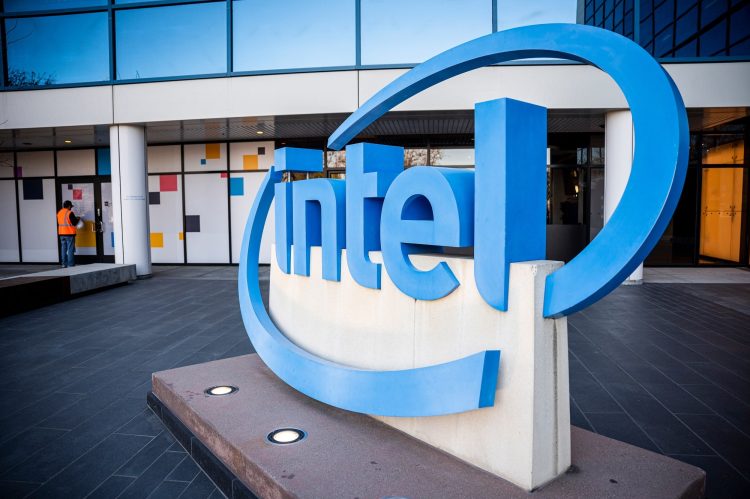Source: Pcmag, CNBC
Intel does not issue an official recall, nor is it expected, preferring the solution of extending the warranty of the 13th and 14th generation Core processors.
Intel is extending the warranty of its 13th and 14th generation Core desktop processors, claiming that a bug causes them to crash and, in some cases, cause permanent damage. The brand typically offers a three-year warranty on its desktop processors. In a Reddit post on Thursday, the company stated:
“In the coming days, we’ll be sharing more details about the two-year extension of warranty support for packaged 13th and 14th generation Intel Core desktop processors.”
“At the same time, we apologize for the delay in communication as this has been a difficult issue to resolve and identify the cause.”
The company has been slow to address lingering complaints about desktop chips repeatedly crashing, prompting some developers to criticize Intel. The problem is severe given that the chip flaw in the affected Intel processors can cause repeated crashes and potentially lead to permanent degradation of the processor itself.
The issue has prompted some consumers to demand that Intel issue a formal recall, and Intel is also facing a possible class action lawsuit. But in Thursday’s statement, the chipmaker stopped short of issuing a recall. Instead, it will look into the problem through Intel’s official customer support.
“Intel is committed to ensuring that all customers who have or are currently experiencing symptoms of instability on their 13th and/or 14th generation desktop processors are supported in the exchange process. We stand by our products”.
However, this means that affected consumers will have to get involved with Intel’s customer support, which can be troublesome, requiring users to send the affected CPU back to the company. A consumer also claims that Intel refused to offer replacements for two defective Core i9-14900K CPUs, claiming the chips were not genuine.
In the meantime, Intel has had the worst day on Wall Street in 50 years, falling to its lowest price in over a decade and reaching a price not seen since 2013. The company’s shares had dropped significantly after the chipmaker reported a big loss in earnings in the June quarter and said it would lay off more than 15% of its employees.


